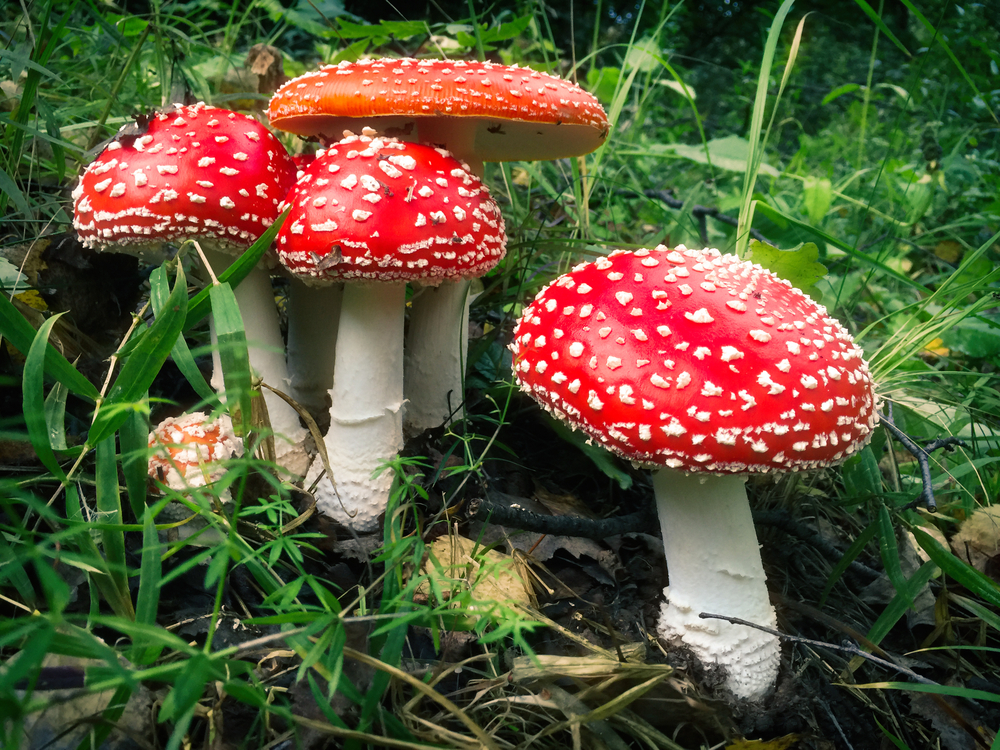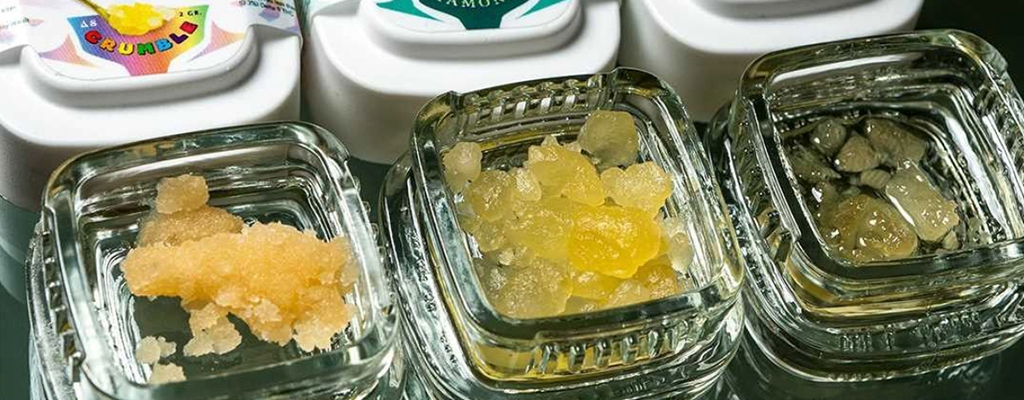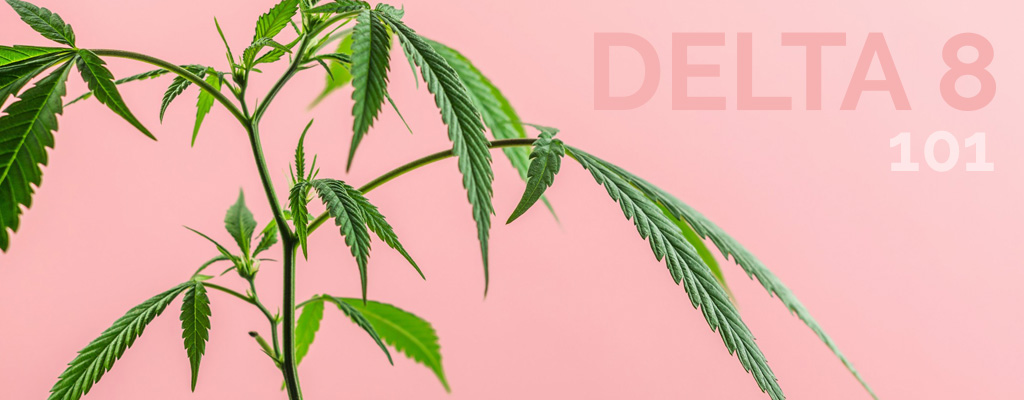At Delta 8 Resellers, we’re committed to giving our customers what they want. We always deliver high-quality, independently lab-tested products that consistently provide what their packages promise.
We’re proud to announce the addition of two new offerings. These have created an incredible amount of attention and anticipation in the marketplace in a very short period of time:
- Amanita muscaria: This mushroom offers psychoactive effects. It has a long history of use by indigenous peoples in spiritual and sacred contexts. Many users report a positive and more manageable experience than is the case with psilocybin. Microdosing is a popular option.
- Ashwagandha: This evergreen shrub is a nutraceutical, often used for a gentle calming effect. It’s not psychoactive. That makes it more in line with options like CBD. It can also be compared to the relaxing sensation that chamomile can offer in a cup of tea.
Our priority is always to ensure that you, and all of our customers, have accurate information about our products. That helps you make an informed decision about which of our offerings is best for your needs.
With that in mind, let’s take a closer look at amanita muscaria mushrooms and ashwagandha.
What are Amanita Muscaria Mushrooms?
This is a commonly occurring type of mushroom. Amanita muscaria has a distinct appearance in the wild. It is most classically depicted as having a red cap with white or off-white warts, and a white stem. Yellow and orange varieties are also common.
This mushroom has a variety of names. It’s also called A. muscaria, amanitas mushrooms, magic amanita mushrooms, and the fly agaric mushroom.
Amanita muscaria naturally occurs throughout the northern hemisphere, commonly appearing in parts of North America, Europe, and Asia. It’s also found in the southern hemisphere, thanks to its symbiotic relationship with a variety of tree species. Importing those trees to new areas also led to the spread of amanita muscaria.
Psilocybin is not present in amanita muscaria mushrooms. Instead, they contain three other psychedelic chemicals: Ibotenic Acid, Muscimol, and Muscarine.
Now that we have some foundational background about these mushrooms, let’s look at some frequently asked questions related to them.
Do Amanita Muscaria Mushrooms Have Psychoactive Effects?
Yes, amanita muscaria offers a psychoactive experience. It has certain psychotropic effects, as the International Center for Ethnobotanical Education, Research, and Service (ICEERS) explains.
ICEERS describes three phases common to taking amanita muscaria mushrooms.
The first involves a sense of increased energy and vigor. The second involves feeling tranquil and drowsy. The third phase involves the most direct psychotropic effects. A mystical experience or sense of other realities is common.
These experiences can vary from one person to the next. They are greatly influenced by the dosage. Similarly, the amounts and ratios of the active chemicals present in these mushrooms will affect the experience.
Fly agaric mushrooms have a long history of use in spiritual experiences by indigenous peoples, according to the US Forest Service. Its recorded use dates back many hundreds of years, and has likely been used for much longer than that.
Is Microdosing Amanita Muscaria Mushrooms Possible?
Some users of the fly agaric mushroom aim to take very small doses and avoid crossing the psychoactive threshold.
Advocates of microdosing psychedelics believe it has a number of benefits. They enjoy feelings like an enhanced mood, and increased creativity and productivity. And they do so without experiencing the full psychotropic effects.
Microdosing in general is still being tested by scientists to determine its effectiveness, as Harvard Health Publishing explains. We want to be clear that there isn’t a consensus yet as to how effective microdosing is. However, the user-reported benefits of microdosing have made it increasingly popular in recent years.
How Would You Describe the Amanita Muscaria Experience?
Comparing one of our most popular products, Delta 8, to amanita muscaria can help contextualize the experience.
Delta 8 is a cannabinoid, a psychoactive chemical found in cannabis and hemp plants. It’s similar to but chemically distinct from Delta 9 THC, the major cannabinoid found in cannabis plants.
Delta 8 offers similar effects to Delta 9, but they are generally seen as not as extreme or intense. Delta 8 can be more manageable for many people, leading to a better experience.
The same can be true when comparing high-quality products containing amanita muscaria mushrooms to mushrooms containing psilocybin. Using high-quality magic amanita mushroom gummies, for example, means you can count on a consistent dose each and every time.
It’s important to note that with wild-picked mushrooms, amanita muscaria can produce a variety of effects. They range from mild to intense, with variations in active chemicals within the mushroom being a major cause. Simply put, it’s difficult to judge what the experience will be like with wild mushrooms. That’s true even when you know you’ve picked the right species.
Should You Take Amanita Muscaria Mushrooms Found in the Wild?
Mushroom picking always involves an element of risk.
Experienced mushroom hunters understand the minute differences that distinguish edible and poisonous mushrooms. However, safe mushroom picking requires a great deal of knowledge, focus, and care.
Using labeled, lab-tested amanita mushroom edibles means you can count on a reliable, standardized dose in each and every piece. The best edibles, like Urb Magic Amanita Mushroom Gummies, include dosing instructions as well. They suggest starting with half of a gummy, specifically. That helps you realize the type of experience you’re looking for.
Is Amanita Muscaria Poisonous, to the Touch or Otherwise?
You don’t need to worry about touching amanita muscaria mushrooms. They’re not poisonous to the touch.
However, amanita muscaria mushrooms can create unpleasant feelings like nausea, sweating, and discomfort. That’s especially true when they’re eaten raw. Processing the mushrooms into preparations like edibles helps to create a better experience. Independent lab testing ensures that you receive what’s promised on the package in each dose.
Are Amanita Mushrooms Legal?
Amanita muscaria is legal in 49 of the 50 US states. Louisiana is the only state as of March 2023 to have legislation in place. It prohibits growing, selling, or having possession of these mushrooms.
What is Ashwagandha?
Ashwagandha is a shrub, specifically an evergreen. It’s also called winter cherry, and has the scientific name Withania somnifera. It’s a shorter plant, with green leaves and flowers. Ashwagandha features a distinctively bright fruit that’s somewhere between red and orange.
The Cleveland Clinic explains ashwagandha has a deep history in Ayurvedic medicine. That’s the traditional medicine system used in India, as well as in neighboring countries like Nepal. In that context, the benefits of ashwagandha include increasing energy and reducing anxiety.
Ashwagandha is used generally for similar purposes. It’s not a psychoactive drug, meaning it doesn’t produce altered perceptions or substantial changes in mood. In comparison with other products we offer, ashwagandha is similar to CBD. Users choose it to address a specific issue, or to support their overall well-being, as opposed to a recreational intent.
Do you want to try out ashwagandha or already include it in your supplement regimen? The most important thing to keep in mind is the quality and accuracy of the products you use.
Consistent dosing, which can be proved through independent lab testing, helps to support effective and consistent experiences. That’s one of the benefits ashwagandha gummies can provide when they’re produced and supplied by a high-quality brand.
Now that we understand the basics of ashwagandha, let’s look at some frequently asked questions about it.
What are Ashwagandha’s Benefits?
Ashwagandha is still being researched by scientists. Its benefits have not been conclusively proven. That said, the existing body of research indicates that this plant has some clear potential benefits that warrant more research.
One general piece of guidance to keep in mind: Ashwagandha benefits for men and ashwagandha benefits for women are very similar. Ashwagandha products generally don’t have substantially different effects between the two groups. There is one distinction that we’ll note in the list below.
Healthline highlighted eight potential health benefits of ashwagandha, with preliminary research backing up those claims at least to an extent:
- Lowering feelings of stress and anxiety
- Supporting better physical performance
- Reducing the influence of some symptoms of mental health issues
- Encouraging increased testosterone and fertility in men
- Lowering high blood sugar
- Reducing inflammation
- Supporting better brain function and memory
- Addressing sleep issues and encouraging better overall sleep
What are Ashwagandha’s Side Effects?
Ashwagandha generally has mild side effects when taken orally at the doses offered in high-quality supplements. Specific issues are mostly related to the digestive system, WebMD explains. They include upset stomach and vomiting. Liver problems are rare but possible.
Is Ashwagandha Safe?
Generally, yes. WebMD explains that Ashwagandha is “possibly safe for up to up to three months” when taken orally. The three-month distinction relates to a lack of research on longer-term use, not any specific known problems.
There are no studies showing otherwise healthy people experience severe reactions or other issues from a standard dose. However, ashwagandha can interact with certain medications, and cause complications in pregnancy.
It’s always best to discuss the use of a supplement with your physician. That’s especially true if you take medications or have existing health issues.
Do Ashwagandha Gummies Work?
Just like any product, ashwagandha gummies are only as good as the companies that formulate and produce them.
Look for brands that demonstrate their faith in products by offering things like independent lab testing results. You won’t have to just take their word for it. You can check on the proportion of active ingredients in the product, and other key indicators, to make an informed decision.
What’s the Best Way to Take Ashwagandha?
High-quality ashwagandha edibles, like gummies, offer the benefits of this plant in a consistent and reliable dose. While many of its side effects are minor, avoiding them is still clearly in your best interest.
Ashwagandha is currently widely available, so you have plenty of options. Remember that not all brands offer equivalent products. Just because a supplement is available at a pharmacy or supermarket doesn’t guarantee its effectiveness.
Making sure you can verify what’s actually in the product is crucial. It’s the first step to accessing the potential benefits of ashwagandha.
Delta 8 Resellers: Your Source for High-Quality Amanita Muscaria & Ashwagandha
Delta 8 Resellers has high standards for all of the products we sell and brands with which we work. That commitment to quality includes every ashwagandha and amanita muscaria product we offer.
We guarantee that you’ll receive the active ingredient (or ingredients) and dosage advertised. Additionally, we offer results of independent testing for our products. That means you can verify the quality and potency yourself before you make a purchase.
Ready to try ashwagandha, amanita muscaria mushrooms, or both? Looking for a retailer you can count on to provide these products as advertised? Delta 8 Resellers is here to help. Visit us today.



